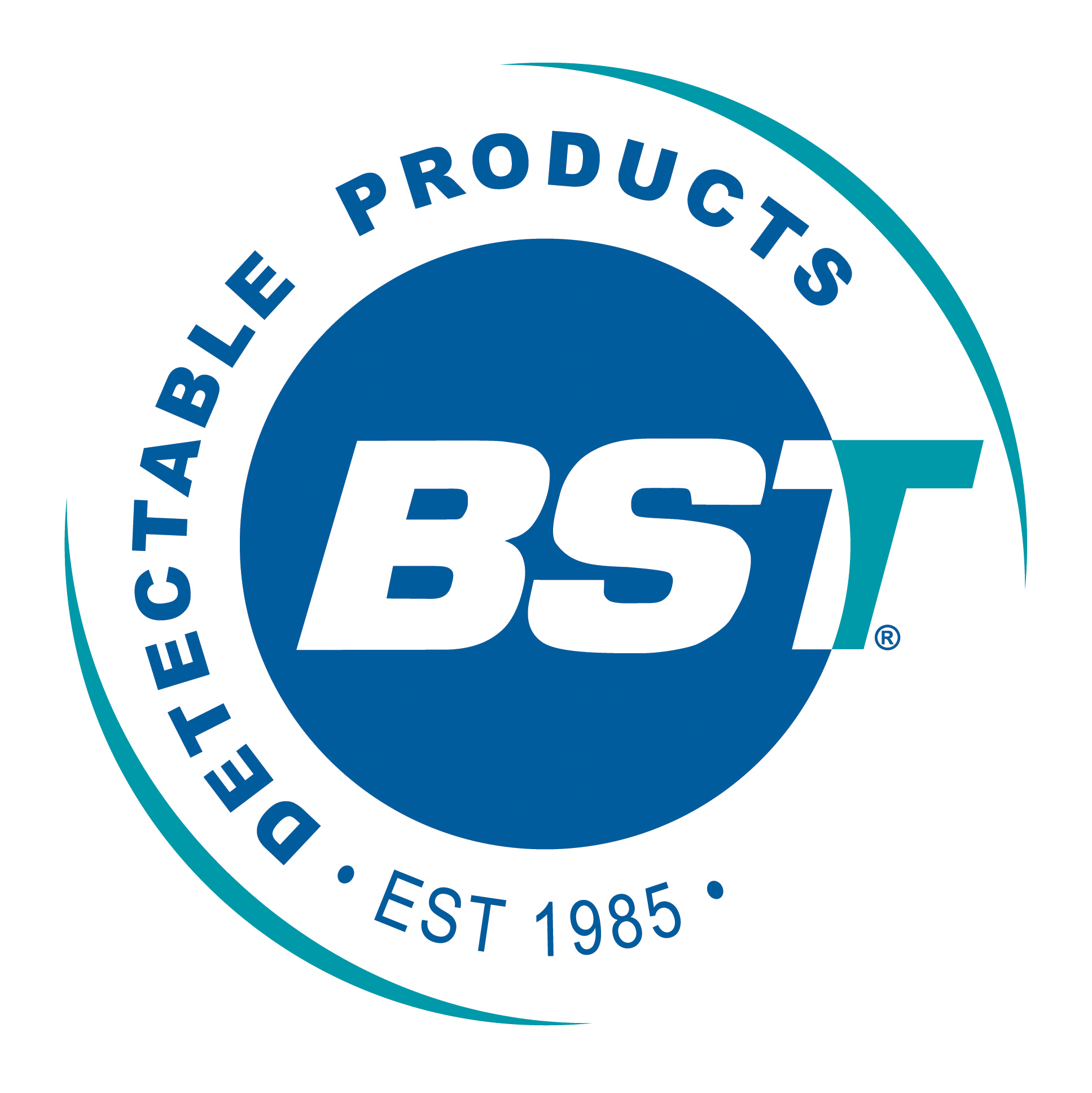Safe Guarding Consumer Health
The Vital Role of Detectable Products
in Preventing Food Recalls
In the ever-evolving landscape of the food production industry, preserving consumable safety is paramount. Over the last two decades, approximately 10% of food recalls have been linked to foreign materials, with plastic fragments amongst the top contributors. These incidents not only jeopardise consumer health but also impose substantial financial burdens, tarnish brand reputation, and invite potential legal ramifications for manufacturers.
Reducing the risk of food recalls is of utmost importance, manufacturers find themselves under a dual obligation – both regulatory and moral – to exercise due diligence and implement preventative strategies.
In the reporting period 2022/23, 43 root cause analyses identified foreign bodies, with machinery issues contributing 23%, up from 19% in 2021. Quality control checks accounted for 12%, a significant rise from the previous year's 5%. Yet, it marked a considerable improvement from the 24% reported in the 2020/2021 period. Plastic and metal collectively constituted 70% of the total, maintaining their status as the primary contributors to foreign body contamination.

A potent strategy to combat foreign body contamination is integrating detectable products into the production process. BST, a pioneering force, presents a comprehensive range of Metal Detectable and X-Ray Visible products, designed to mitigate contamination risks. These solutions serve as a pre-emptive defence, markedly reducing recall likelihood. Metal detectable and x-ray visible items in food processing areas allow for swift identification and elimination of products containing foreign bodies, ensuring consumer safety, particularly against plastic and rubber fragments.
By investing in detectable products, food manufacturers not only meet regulatory requirements but also showcase proactive dedication to consumer well-being. These products act as safeguards, not just against financial repercussions but also in building consumer trust and loyalty. As the industry advances in food safety, embracing detectable products emerges as a pivotal move toward more secure and reliable food production processes.

